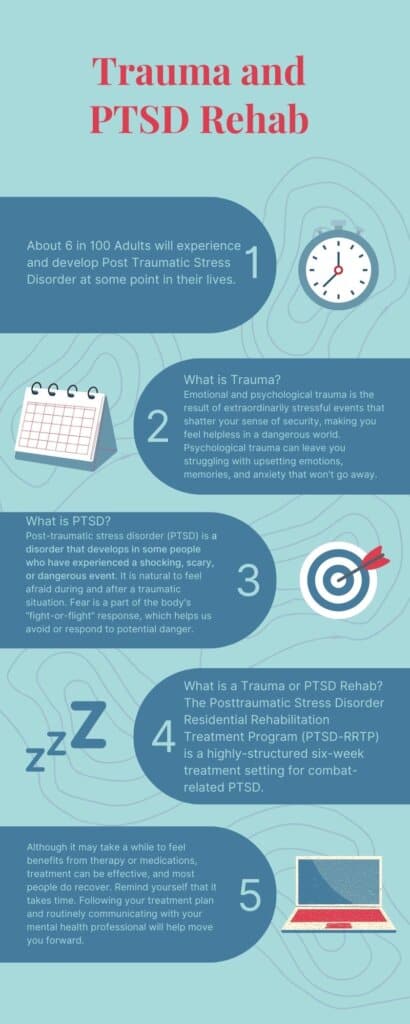Technology-Assisted Healing: Virtual Reality in Trauma Rehab Programs, Massachusetts
Virtual Reality (VR) introduces a novel dimension to trauma rehabilitation, providing an immersive therapeutic landscape that goes beyond traditional methods. In trauma and PTSD rehab in Massachusetts, individuals can engage with virtual environments specifically designed to address and alleviate the effects of trauma.
This article explores the transformative potential of VR in creating tailored and immersive therapeutic experiences for individuals on their path to recovery.
How VR Assists In Trauma Rehab
Targeted Exposure Therapy in a Virtual Realm
One of the notable applications of Virtual Reality in trauma rehab is the utilization of targeted exposure therapy. VR environments allow individuals to confront and process traumatic memories in a controlled and supportive setting.
This approach facilitates a gradual and personalized exposure to triggers, empowering individuals to navigate their trauma in a safe and guided manner. Massachusetts-based trauma rehab programs leverage VR technology to customize exposure therapy, making it an effective component of the healing process.
Enhances Emotional Regulation and Coping Skills
Virtual Reality isn’t merely a tool for revisiting traumatic experiences; it also helps in developing essential emotional regulation and coping skills. Through interactive scenarios, individuals can practice and refine coping mechanisms in a simulated environment.
Studies have shown that VR therapy is highly effective against anxiety and phobias. Moreover, in Massachusetts, individuals experience a heightened level of engagement and presence within these virtual environments. This fosters a deeper connection to the therapeutic process.
Overcoming Barriers to Traditional Therapy
For some individuals, traditional therapeutic settings may present barriers to engagement. Virtual Reality serves as a bridge, overcoming these barriers by providing a flexible and accessible platform for therapy.
Whether due to physical limitations, geographic constraints, or personal comfort levels, VR technology in Massachusetts offers a dynamic solution for trauma and PTSD rehab.
Also, it ensures that individuals can access and benefit from therapy in a manner that suits their routine.

Final Words
As we conclude our exploration, we reflect on the evolving landscape of trauma rehabilitation in Massachusetts. Virtual Reality emerges as a beacon of innovation, offering a glimpse into the future of therapeutic interventions.
By providing a dynamic and personalized approach to healing, VR technology in trauma rehab programs signifies a promising frontier. Besides, It has revolutionized the way individuals navigate and overcome the impact of trauma in the digital age.

